You Were Expecting Someone Else: UNIT Assembled
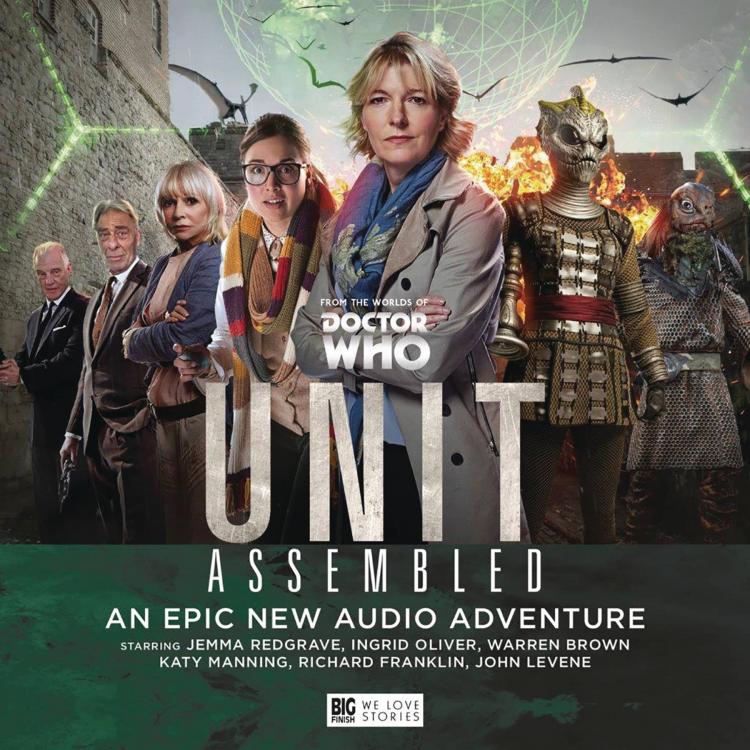 It’s been nearly five years since I last wrote about Big Finish on this site. Much of this gap is due to the fact that it’s only fairly recently that Big Finish’s license was expanded to cover the new series, so there’s been pretty slim pickings post-McGann. But in 2015 Big Finish released their first Torchwood and UNIT audios, and since then new series-adjacent material has been a mainstay of their increasingly bloated line. To date there’s nothing that directly ties into the Capaldi era, but as all of Osgood’s stories and all but one of Kate Stewart’s have Capaldi in them, this seemed the line to check back in on the company with.
It’s been nearly five years since I last wrote about Big Finish on this site. Much of this gap is due to the fact that it’s only fairly recently that Big Finish’s license was expanded to cover the new series, so there’s been pretty slim pickings post-McGann. But in 2015 Big Finish released their first Torchwood and UNIT audios, and since then new series-adjacent material has been a mainstay of their increasingly bloated line. To date there’s nothing that directly ties into the Capaldi era, but as all of Osgood’s stories and all but one of Kate Stewart’s have Capaldi in them, this seemed the line to check back in on the company with.
It’s no secret to anyone who reads my social media that I’m hostile to Big Finish of late. But I haven’t really talked about that in long form. So instead of beating around the bush and coming to a conclusion that Big Finish is in much the same boat as the novel line in terms of its complete failure to do anything of worth with its license, let’s just start up front with the litany of problems this set has. Its hook is compelling enough—the surviving Pertwee-era actors (save for Fernanda Marlowe) team up with modern day UNIT to fight the Silurians. There are some problems baked into this, like that Benton and Yates are not exactly characters who bring a ton of, well, character to the table, with Benton’s main trait being an earnest masculinity and Yates’s being that he’s played by a rapist. But it’s a perfectly charming premise for what it is, and clearly the sort of thing Big Finish exists to do.
It’s after the hook that the problems start mounting up. The four episodes of this are written by Matt Fitton and Guy Adams, who currently average about a story a month for Big Finish. Nothing about that is a good idea. Big Finish released, and I am astonished by this figure, a hundred and twenty-five separate Doctor Who audios that were an hour or longer in 2017. Fully 28% of these were by three authors, two of which were Fitton and Adams. Both halves of those statements are absurd. The creative case for making a hundred and twenty-three separate Doctor Who audios in a single year is non-existent. But to do so while so heavily centralizing the work among a small number of writers is simply appalling. Big Finish cycles in more new and first-time writers than their reputation would suggest, but the fact that they are engaging in such grotesque overproduction while continuing to maintain a “no unsolicited submissions” policy and leaning so hard on the same writers (another 39% are accounted for by just nine additional writers, meaning twelve writers are collectively responsible for two-thirds of their output) is the sort of thing that makes it very hard not to tip into outright Levineism and just call “evil.” Really, the only reason not to is that it’s better to save it for the fact that only ten of those hundred and twenty-five are by women, a majority of which are in the Torchwood line.…

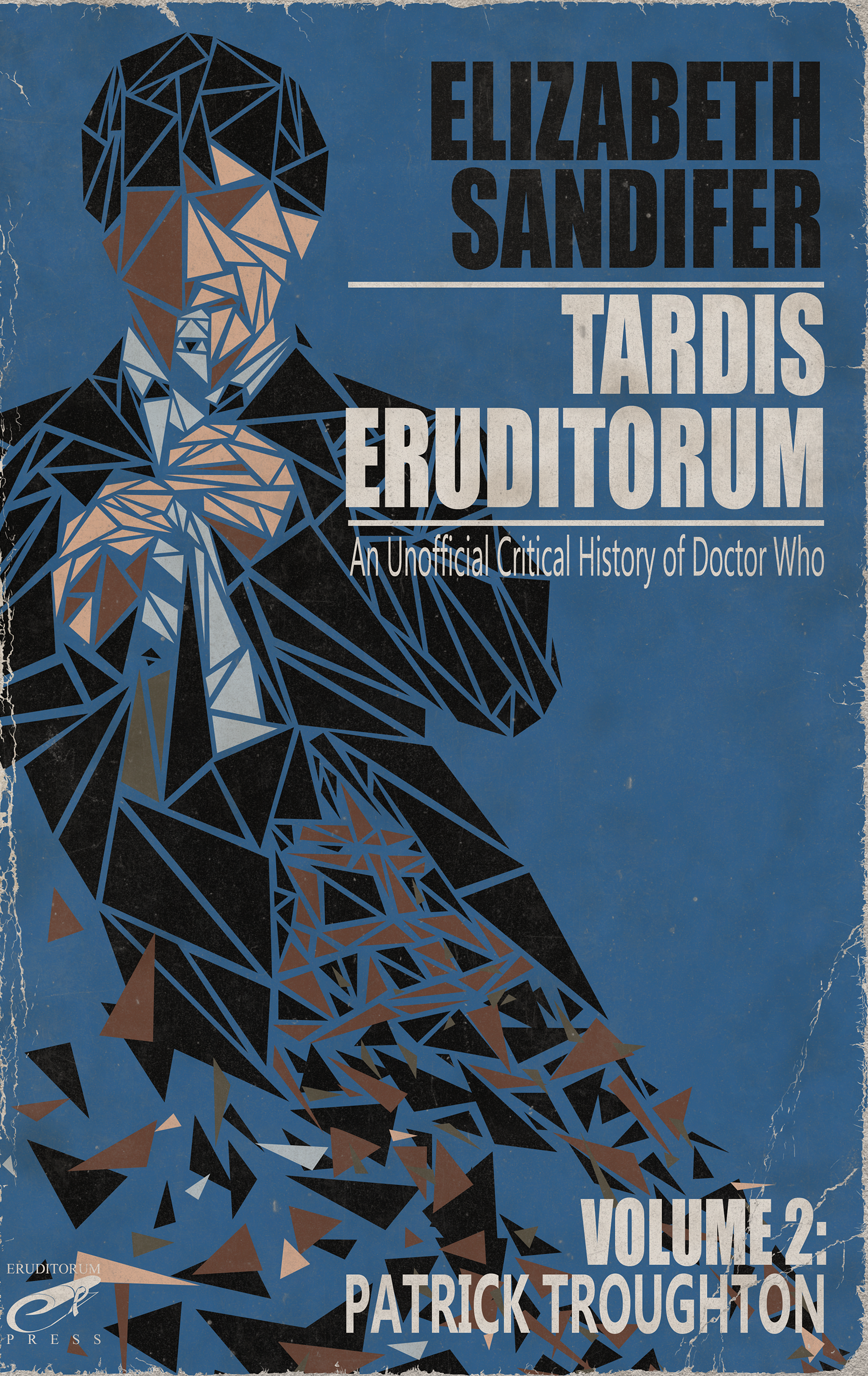 Eruditorum Press is pleased to announce the reissuing of TARDIS Eruditorum Volume 2: Patrick Troughton, the second book in the TARDIS Eruditorum series, a sprawling history of modern Britain through the idiosyncratic yet productive lens of Doctor Who. As the name suggests, this volume covers the Patrick Troughton era, with essays on every televised story from The Power of the Daleks through The War Games, along with side jaunts into a myriad of spinoff media both contemporary and anachronistic, as well as essays on other cultural events such as You Only Live Twice, The Prisoner, Batman, and the Summer of Love.
Eruditorum Press is pleased to announce the reissuing of TARDIS Eruditorum Volume 2: Patrick Troughton, the second book in the TARDIS Eruditorum series, a sprawling history of modern Britain through the idiosyncratic yet productive lens of Doctor Who. As the name suggests, this volume covers the Patrick Troughton era, with essays on every televised story from The Power of the Daleks through The War Games, along with side jaunts into a myriad of spinoff media both contemporary and anachronistic, as well as essays on other cultural events such as You Only Live Twice, The Prisoner, Batman, and the Summer of Love. 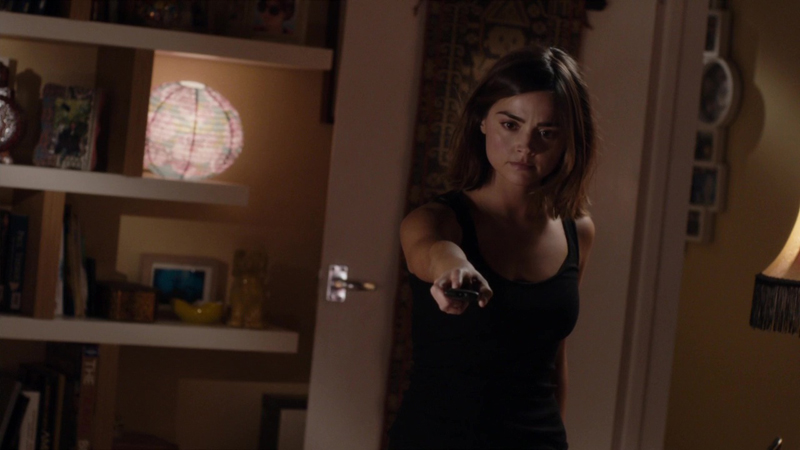
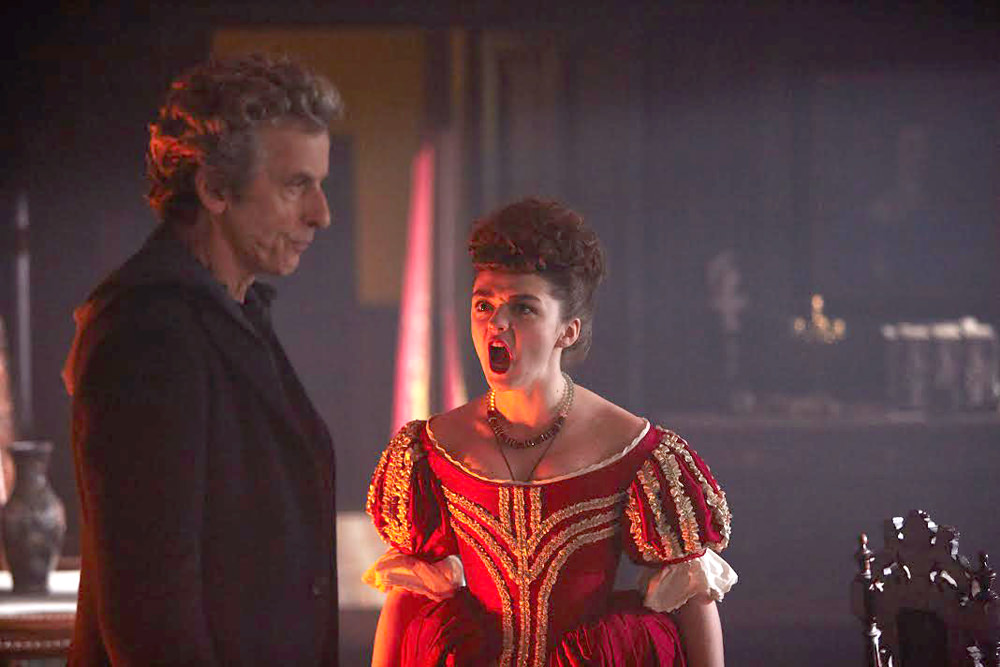
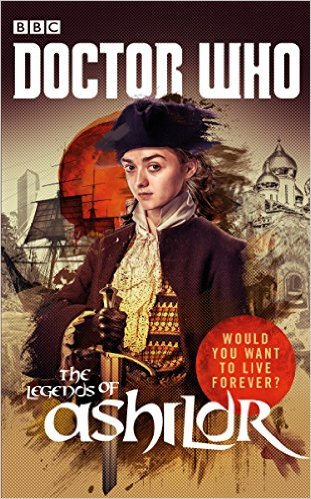 For all that we’ve been picking on the inadequacies of the standard book line, there had been efforts in the background to try new things. For a variety of reasons we didn’t cover efforts like Summer Falls and The Angel’s Kiss in the late Matt Smith era (actually just one reason, which was me saving things for the book), but they certainly represented one effort to change what the book line can and should do. The Legends of Ashildr represents a stab at another possible shape the books could take—anthologies of several short stories. Obviously there are some constraints around this. Just dumping a couple Doctor Who short story collections a year is an invitation for mediocrity with no obvious sales hooks. Whatever one might say about Big Bang Generation, it at least has a hook you can sell it with in a way that wouldn’t be true of a straightforward collection of shorts.
For all that we’ve been picking on the inadequacies of the standard book line, there had been efforts in the background to try new things. For a variety of reasons we didn’t cover efforts like Summer Falls and The Angel’s Kiss in the late Matt Smith era (actually just one reason, which was me saving things for the book), but they certainly represented one effort to change what the book line can and should do. The Legends of Ashildr represents a stab at another possible shape the books could take—anthologies of several short stories. Obviously there are some constraints around this. Just dumping a couple Doctor Who short story collections a year is an invitation for mediocrity with no obvious sales hooks. Whatever one might say about Big Bang Generation, it at least has a hook you can sell it with in a way that wouldn’t be true of a straightforward collection of shorts.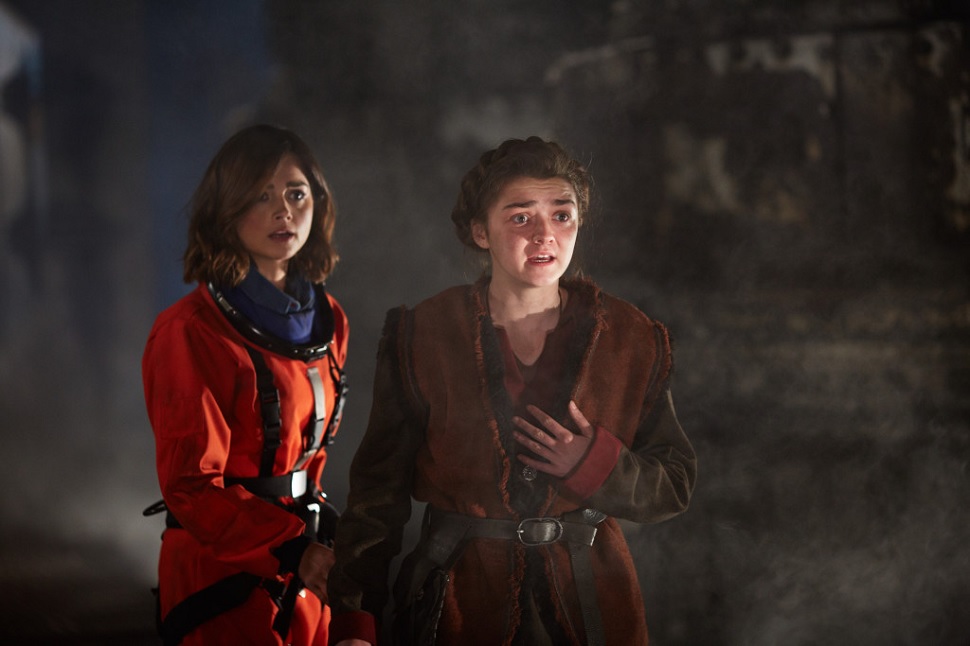
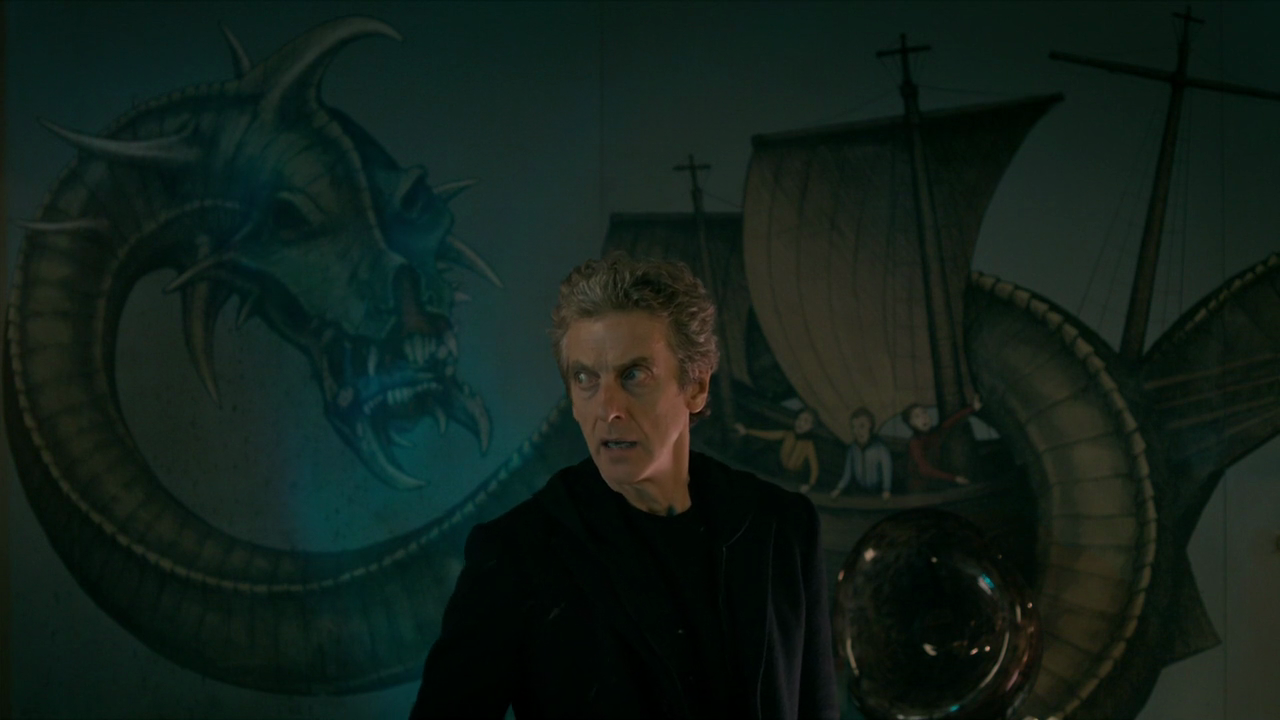
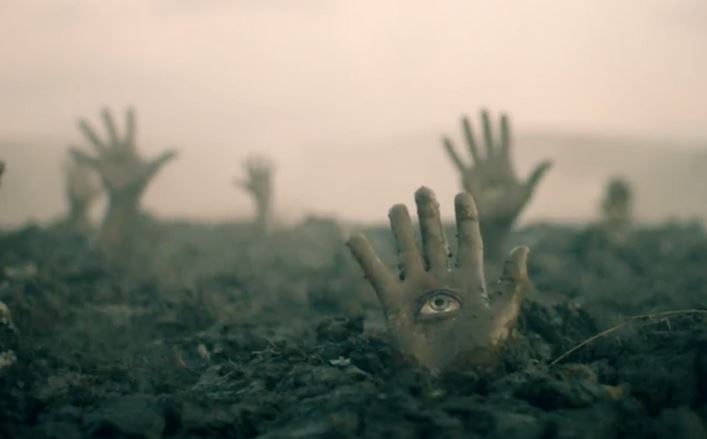
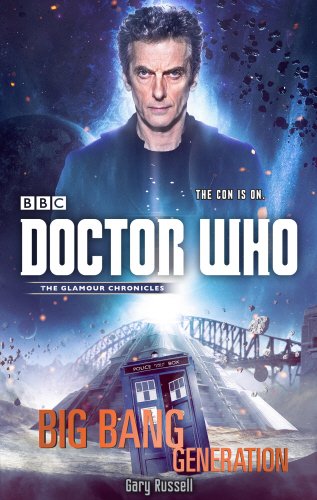 Books like this always pose something of a problem for the project. On the one hand, a book like this, in which Peter Capaldi’s Doctor goes on an adventure with Bernice Summerfield, is irresistible to a project like this. Once I discovered it existed there was literally never a point where I considered not covering it. The new series intersecting with the Wilderness Years at the point where it’s about to come as close to niche interest as it has been allowed to. The possibilities are vast. Except, of course, for the other hand, which is that it’s by Gary Russell. I ranted a bit in the Blood Cell entry about the inexplicable failure of spinoff media to move beyond the same handful of names who have been around since the Wilderness Years, many of them firmly among the B-list of that era. But Gary Russell takes this to another level, or rather several of them. For one thing, he’s been around far longer than the Wilderness Years, having been a prominent figure in Doctor Who at least since his 1984 Doctor Who Magazine review that described Warriors of the Deep as, and I quote, “a flawless story.” While this can probably be chalked up to the magazine’s official editorial policy of “please Mr. Nathan-Turner can we have some more,” it also proves a distressing augury of his own talents. His novels tend to ostentatiously fill high profile gaps—he’s written Liz Shaw’s departure, Mel’s first appearance, and Colin Baker’s regeneration—but to have little ambition for doing so beyond ticking the relevant boxes, and generally a few more to boot.
Books like this always pose something of a problem for the project. On the one hand, a book like this, in which Peter Capaldi’s Doctor goes on an adventure with Bernice Summerfield, is irresistible to a project like this. Once I discovered it existed there was literally never a point where I considered not covering it. The new series intersecting with the Wilderness Years at the point where it’s about to come as close to niche interest as it has been allowed to. The possibilities are vast. Except, of course, for the other hand, which is that it’s by Gary Russell. I ranted a bit in the Blood Cell entry about the inexplicable failure of spinoff media to move beyond the same handful of names who have been around since the Wilderness Years, many of them firmly among the B-list of that era. But Gary Russell takes this to another level, or rather several of them. For one thing, he’s been around far longer than the Wilderness Years, having been a prominent figure in Doctor Who at least since his 1984 Doctor Who Magazine review that described Warriors of the Deep as, and I quote, “a flawless story.” While this can probably be chalked up to the magazine’s official editorial policy of “please Mr. Nathan-Turner can we have some more,” it also proves a distressing augury of his own talents. His novels tend to ostentatiously fill high profile gaps—he’s written Liz Shaw’s departure, Mel’s first appearance, and Colin Baker’s regeneration—but to have little ambition for doing so beyond ticking the relevant boxes, and generally a few more to boot.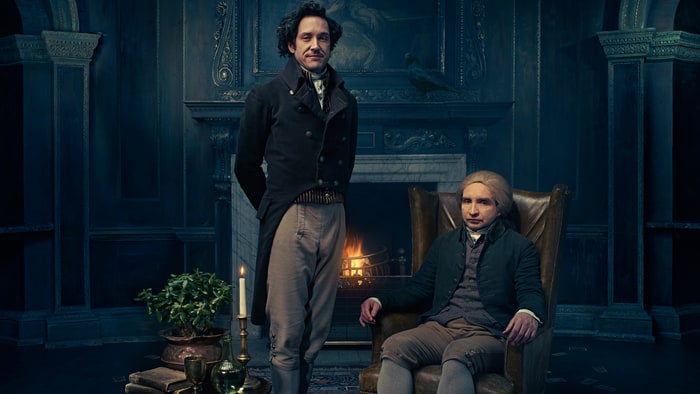 I’m not going to faff about pretending the justification for this involves Peter Harness’s chances of someday showrunning Doctor Who. I mean, I’d obviously love if that happened, but I don’t expect it (or think that we’re in a place to talk about who should succeed Chibnall yet anyway). No, the reason I’m picking this as our stopover reality between Last Christmas and the start of Series Nine is more idiosyncratic: having declared Harness’s debut the best Doctor Who story ever, I feel obliged to keep a bit of track of his work.
I’m not going to faff about pretending the justification for this involves Peter Harness’s chances of someday showrunning Doctor Who. I mean, I’d obviously love if that happened, but I don’t expect it (or think that we’re in a place to talk about who should succeed Chibnall yet anyway). No, the reason I’m picking this as our stopover reality between Last Christmas and the start of Series Nine is more idiosyncratic: having declared Harness’s debut the best Doctor Who story ever, I feel obliged to keep a bit of track of his work.